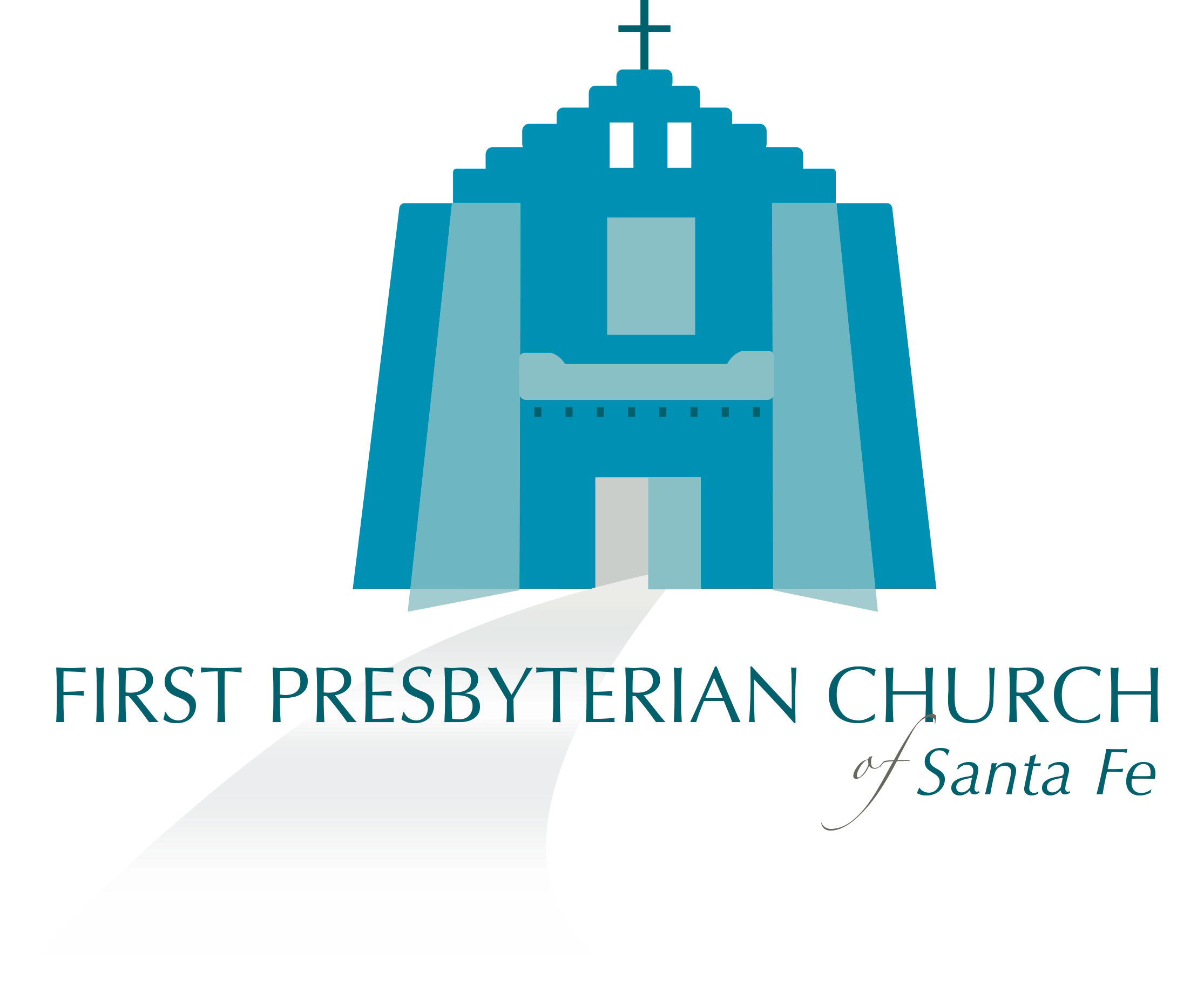Dear Saints in Santa Fe, and other far-off places,
Greetings in the name of Jesus Christ!
There were five good reasons I didn’t go to Princeton. Joel Skinner was the sixth.
Princeton was recruiting me as a catcher and the baseball program flew me out one weekend my senior year. On the last morning of my visit, I had breakfast with the head coach who told me he was also recruiting a catcher from California named Joel Skinner whose dad played for the Pittsburgh Pirates and later coached there.
I was a Pirate fan growing up and knew all about his father, Bob Skinner, and I thought then and there that my chances of starting, or even playing at all, had gone down considerably. How could I compete against someone with such a baseball pedigree?
So, I turned down Princeton for six reasons, but Joel Skinner was the clincher. It turns out, as such things often do, that he did not go to Princeton either but was drafted and had a nine-year major league career as catcher for the White Sox, Yankees, and Indians. He later coached third base for the Indians (now the Guardians) while I was in Cleveland, and I would be reminded of my decision, and his, every game I watched.
I bring this up to you because not long ago I was reading an article about the Cleveland Guardians, as I am apt to do on my phone, and lo and behold there was a quote from Joel Skinner! “Never mistake kindness for weakness.” That was it. The article talked about what a good guy he is, and then moved on. But it made me pause.
Kindness. What a pleasant and old-fashioned word. Too bad it seems oddly out of place today. It’s not universally known as a strong word. It’s difficult to use kindness for our own benefit. It’s hard to make money off of it. It probably doesn’t play well in board meetings.
But what if our church was known for its kindness, above all else? I imagine most people would not even notice, while others might be astounded. The world doesn’t work this way, they might say.
“The simplest acts of kindness are by far more powerful than a thousand heads bowing in prayer.” Gandhi said that. “Be kind whenever possible. It is always possible.” The Dhali Lama said that. “Never mistake kindness with weakness.” Joel said that.
What if we practiced kindness, cultivated kindness, taught kindness to our children? I think it would change the world. Perhaps even the church. Maybe even me.
Oh, I am long over that old Princeton baseball story and glad now I didn’t go. I am happy and at peace with not making baseball my life. Grateful even. It’s hard to be kind when you want to beat the other team or get ahead or keep climbing that proverbial ladder. To me, it’s not worth the cost anymore.
So, I choose kindness. No competition is required, no score is kept, and it’s available to everyone. It brings joy. It calms down a stressful day. The sixth reason? It may just be the most powerful force for good in the world.
Grace and peace,
Harry
